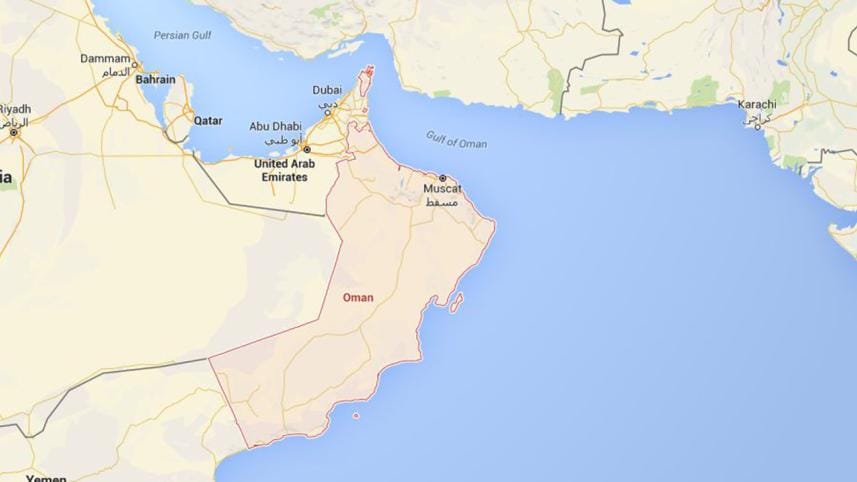Gone broke for broker

Hashem Rahman made a Tk 3.5 lakh contract with a local broker in Comilla to get a restaurant job in Oman in 2015. His poor family managed the money by selling a small piece of land, cattle and by borrowing money from relatives and neighbours.
Unfortunately, Hashem could not make a fortune there. He is now regretting for making the deal with the broker.
“When I reached Oman, a dalal [broker] took me with some other Bangladeshis to a dormitory where I was kept for three nights,” said the man who is from Comilla's Daudkandi.
One night, he said, the owner of the restaurant where he was supposed to work came and seized their passports and took them to a government office to verify the documents. The next day he took them to their place of work.
As the kitchen was still under construction, the owner asked Hashem to work in a construction firm until the kitchen was ready. Though Hashem took up the job, he came to know from other Bangladeshis working there that the company didn't pay regular salaries.
“Like me, many of them were supposed to be working in a restaurant, but were forced to work in the construction field. This situation left me completely hopeless.”
He worked there for one month, but didn't get any salary. Whenever he asked, the owner said it would be given later.
On days when there was little work at the construction site, Hashem was assigned small jobs like working in a vegetable garden.
“One day I was forced to climb a tree to trim some branches. Suddenly I fell from the tree and became unconscious. I was taken to a hospital where I had to spend three months. I had to have surgery and use a wheelchair for three months as my spine was fractured,” he said.
The ill-fated man returned home empty-handed. “Migration gave me nothing but pain... I never want to go abroad again,” he said, adding that when he approached the local broker for compensation, he refused to pay.
Mohammad Niaz Uddin, another migrant worker from Sitakunda of Chittagong, went to Kuwait through a middleman in 2012. He had to spend Tk 2.5 lakh to go there.
“The dalal promised me a job at a chicken farm with a monthly salary of TK 20,000 ... After arriving in Kuwait, I found myself unemployed for six months. I had to spend money that I had earned in Bangladesh to survive...,” he said.
Niaz worked at different places and managed some part-time jobs in a shopping mall as a janitor.
He also worked at a vegetable garden with a monthly salary of only Tk 7,000. “After my daily expenses, I had no money to send home.” He worked there for almost four years, but could neither save nor send any money home due to the poor salary. Eventually, he returned home in October 2015.
“My father had to sell his livestock to help clear my debts. Now we have no other source of income,” he lamented. He could not find a job in Bangladesh yet.
The exploitation and sufferings of the migrants at the hands of the agents and the brokers came out in the stories of 150 Bangladeshis in a book titled “Untold Stories of Migrants: Dreams and Realities” published by Refugee and Migratory Movements Research Unit (RMMRU).
The nexus of agents and brokers compels migrants to pay money in phases from the beginning to the end of contracts.
They take 80 percent money as profit and spend only 20 percent for processing visas. The RMMRU and Transparency International Bangladesh (TIB) recently made public the information from their separate findings.
The sending of workers abroad is almost entirely controlled by brokers, said TIB Executive Director Dr Iftekharuzzaman after releasing a report titled “Good Governance in Labour Migration Process: Problem and Way Out” on March 9.
The corruption watch-dog in its report stated that around 90 percent of five lakh Bangladeshi male workers had to pay two to three times the usual migration cost last year to obtain work visas for seven countries, including five in the Middle East.



 For all latest news, follow The Daily Star's Google News channel.
For all latest news, follow The Daily Star's Google News channel.
Comments